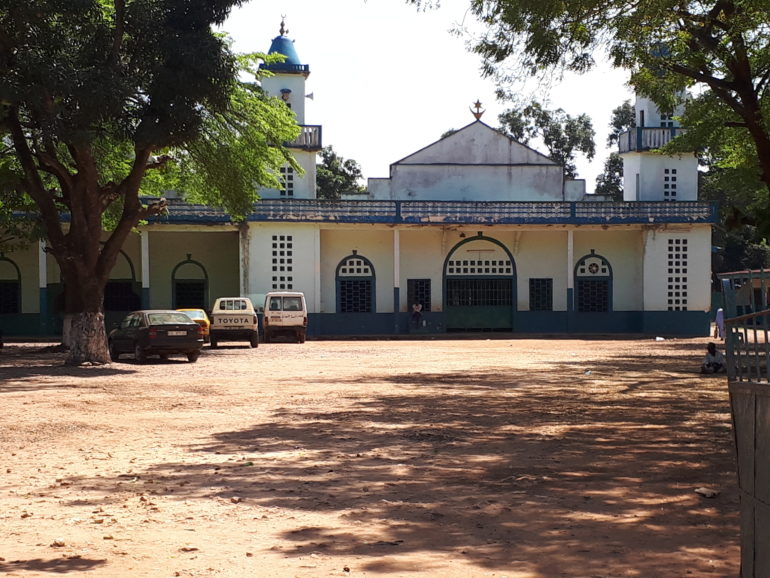
Four people were killed and 20 injured after a grenade attack at a peace concert in Bangui, the capital of the Central African Republic, on Saturday (11 November).
The event, which was held at a bar in the restive, mostly Muslim PK5 neighbourhood, had been organised by young Christians and Muslims to aid reconciliation between the two groups in a city that has been relatively peaceful in the last few months.
On Sunday (12 November), three motorcycle taxi drivers were killed in a reprisal attack, as Reuters reports.
The situation remains tense in the area. A local source told Catholic news agency Fides that “neighbourhoods in the PK5 area have been emptied again, as in the days of civil war, and those who remained have built barricades to protect their homes and shops”.
Local sources told World Watch Monitor that Salem Baptist Church members were worried about one of their pastors, who lives in the PK5 neighbourhood and has not been seen since Saturday.
Some Christians were among those killed, according to Fides.
Investigation into inaction of UN troops
Meanwhile the UN has announced an independent investigation into incidents in the south-east of the country, where the UN Mission in the Central African Republic (MINUSCA) has been accused of failing to intervene when armed groups attacked civilians.
World Watch Monitor reported how in September rebels took over the north-western town of Bocaranga without any reaction from MINUSCA troops.
The UN Security Council meets tomorrow (15 November) to decide whether to renew MINUSCA’s mandate and send an extra 900 troops to the country. Aid agencies like the Norwegian Refugee Council are calling for more protection of civilians.
The Central African Republic has been torn apart by a civil war that began in 2012. The violence has reached an unprecedented level this year, affecting 14 out of 16 regions, including some in the east and south that were considered safe havens. Civilians, including children and women, are paying the highest price. An estimated 20% of the population is displaced either internally or externally.